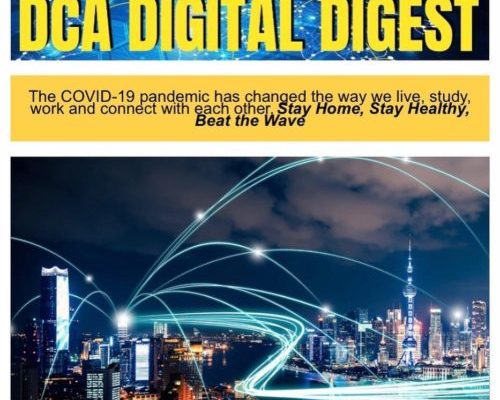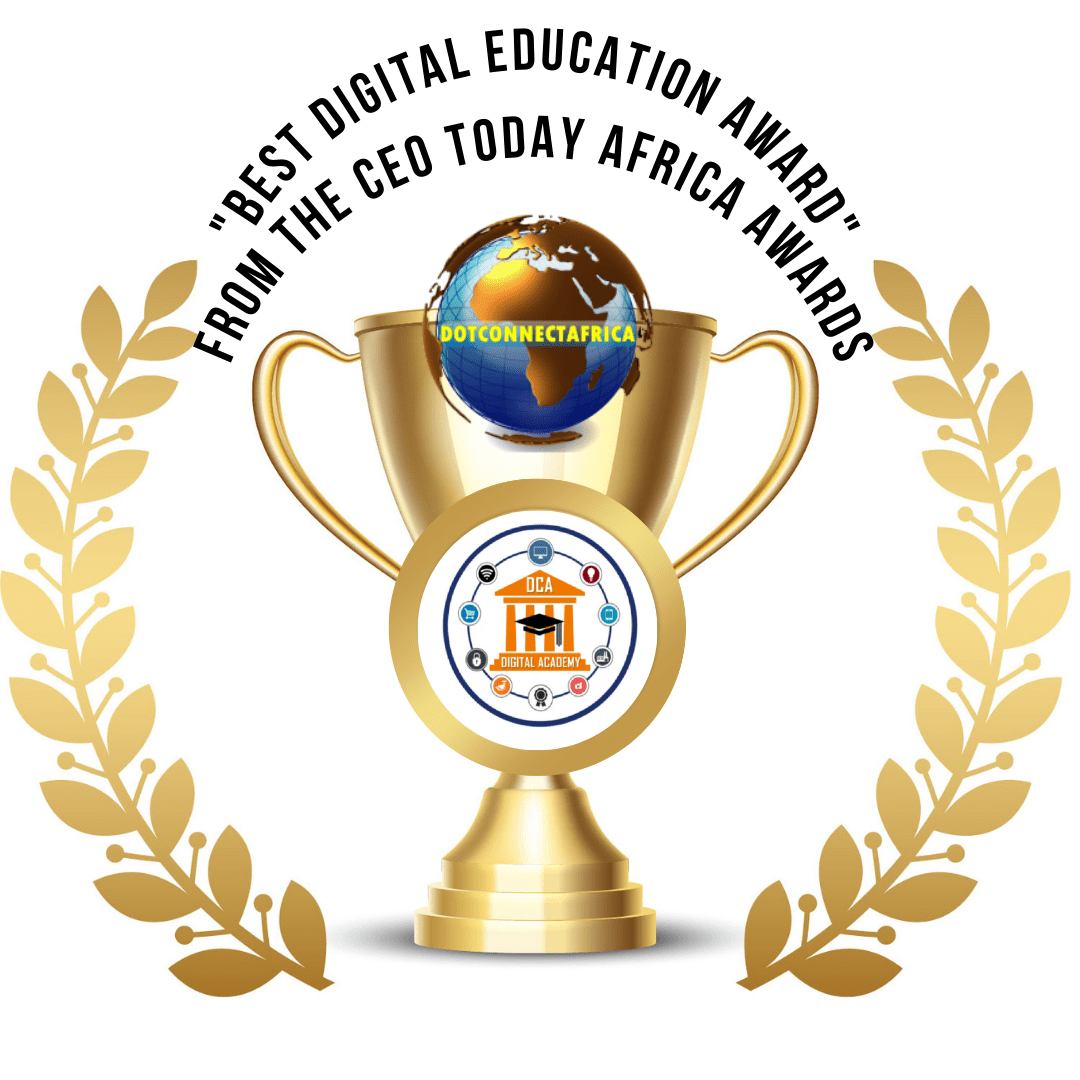
COVID-19 News, Innovations and Insights.
October 16, 2020
COVID-19 News, Innovations and Insights.
From a global pandemic to global warming, 2020 has illuminated the essential role of science — as well as clear actions based on that science — to combat some of the greatest challenges of our time.
The need to rethink how the world creates, consumes and disposes of materials has never been more clear, from storing energy more efficiently, to removing CO2 from the atmosphere to growing food more sustainably.
To this end, IBM unveiled its annual “5 in 5” predictions about five significant changes driven by innovation in science and technology that will take place in the next five years.
This year’s 5 in 5 focuses on five core areas of research that the company will tackle to enable a more sustainable future:
1. Capturing and transforming CO2 to mitigate climate change
In the next five years, we will be able to capture CO2 from the air and transform it from the scourge of the environment into something useful. The goal is to make CO2 capture and reuse efficient enough to scale globally so we can significantly reduce the level of the harmful CO2 in the atmosphere and, ultimately, slow climate change.
2. Modelling Mother Nature to feed a growing citizenry while reducing carbon emissions
In the next five years, we will replicate nature’s ability to convert nitrogen in the soil into nitrate-rich fertilizer, feeding the growing world while reducing the environmental impact of fertilizers. We’ll come up with an innovative solution to enable nitrogen fixation at a sustainable scale and help feed the world’s rapidly growing population.
3. Rethinking batteries before we have to rethink our world
In the next five years, we will discover new materials for safer and more environmentally-preferable batteries capable of supporting a renewable-based energy grid and more sustainable transportation. Many renewable energy sources are intermittent and require storage. The use of AI and quantum computing will result in batteries built with safer and more efficient materials for improved performance.
4. Sustainable materials, sustainable products, sustainable planet
In the next five years, we will advance materials manufacturing, enabling semiconductor manufacturers to improve the sustainability of their coveted products. Scientists will embrace a new approach to materials design that enables the tech industry to more quickly produce sustainable materials for the production of semiconductors and electronic devices.
5. Learning from our past for a healthier future
In the next five years, a combination of AI, analytics and data can potentially help with the rapid analysis of real-world medical evidence to suggest new candidates for drug repurposing and speed clinical trials. In the future, these tools may reach widespread adoption across industries, effectively becoming one of the means of rapidly responding to global, life-threatening viruses.
 Skip to content
Skip to content







Recent Comments